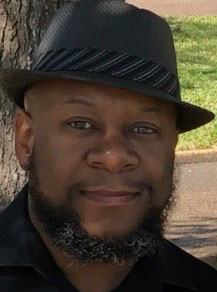ABOUT KERRY GRAVES

Mr. Kerry Graves, MSW, LCSWA, is a licensed Mental Health Counselor, Author, Speaker, Private Investigator, Forensic Biologist, Certified Forensic Interviewer, Personal Protection Specialist, and Child Welfare Expert. He has shared his expertise on child abuse panels and child abuse organizations with high school and college students and different communities. In 2020, he published a book discussing psychological disturbances in teenagers. In addition, Kerry has shared his expertise on 107.5 WKZL, Greensboro Sports Radio, and WGHP Fox 8; he’s provided on-air protection for CNN and Fox media professionals. His passion is hosting the Second Wind Podcast and traveling across the Eastern Seaboard speaking about child abuse and neglect and a myriad of other topics.